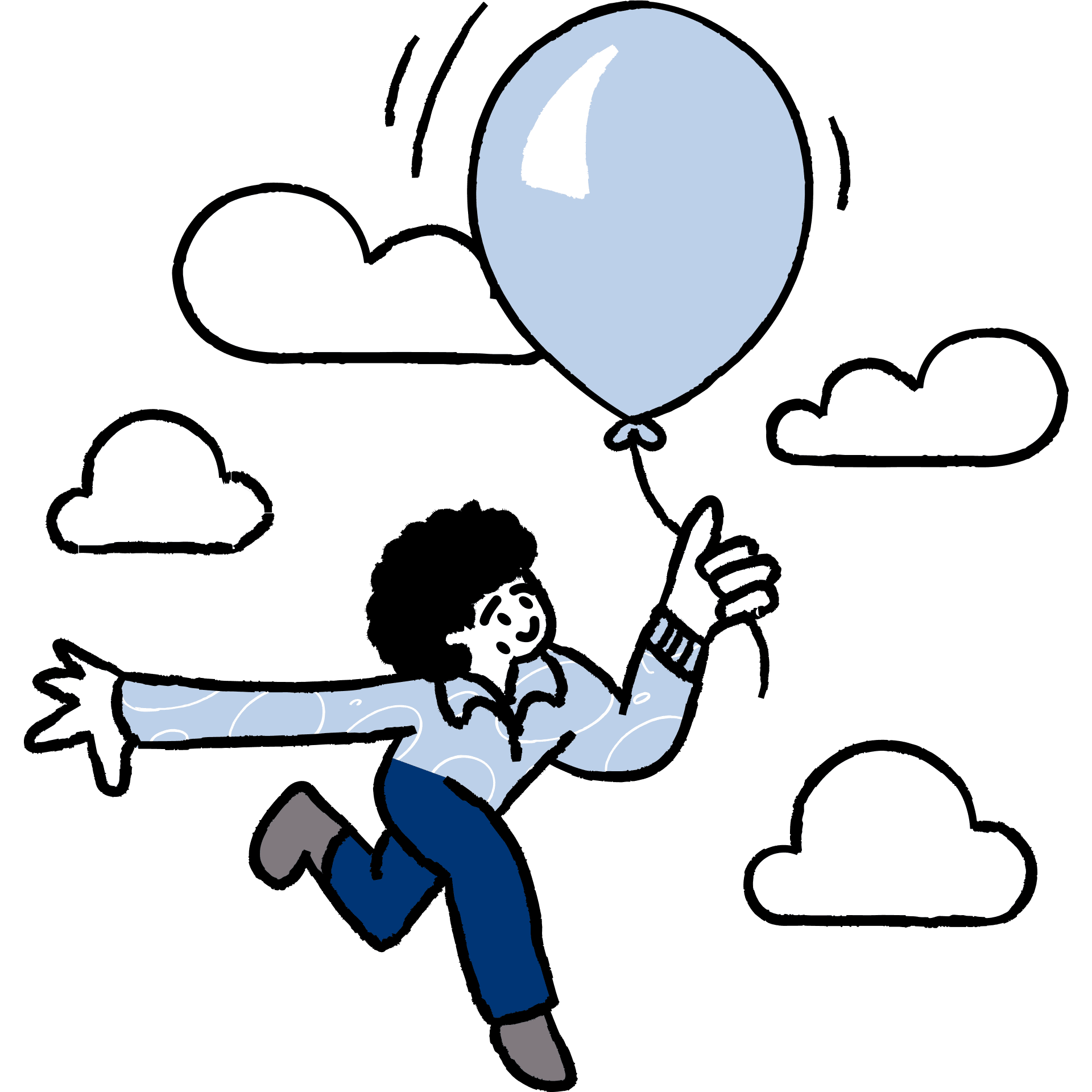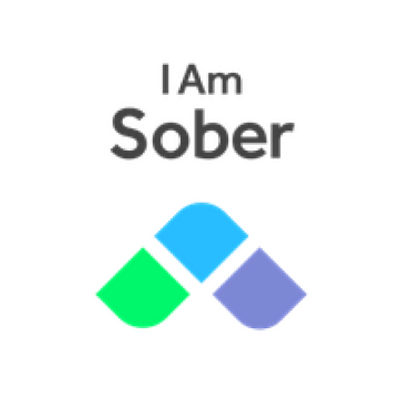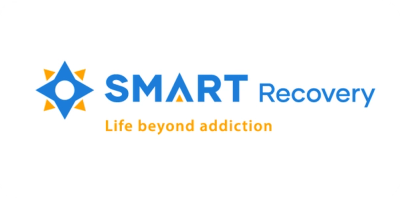Long-term strategies for preventing substance misuse
Finding ways to cope with urges or uncomfortable feelings can be helpful on your journey to recovery, but dealing with substance misuse long-term requires strategies and support.
Below are some evidence-backed ways that work. Remember, the journey to wellbeing looks different for everyone, and you’ll likely need to find the options that work best for you. For most people, a combination of multiple options is the most effective approach.
Seek help from others
Substance misuse is a particularly challenging problem to try and tackle on your own, for the simple reason that substances can affect how we think and make decisions.
Asking for help can be really hard, but remember that there are lots of people and organisations who are set up to support you, who will respect your confidentiality, and in many cases, allow you to remain completely anonymous.
- Join a support group
Opening up about your relationship with substances may feel challenging, but joining a support group can make you feel supported in more ways than one.
Support groups can give you an insight into other people’s experiences with substance misuse, and remind you that you’re not alone. They can also help you build motivation, cope with urges, problem solve and find people who can support you through triggers or troubling times.
Alcoholics Anonymous - AA is one of the most popular support groups in the world for alcohol-related problems. It aims to help people attain and maintain long-term recovery through a 12 step programme that’s been used over decades, helping millions of people.
Narcotics Anonymous - Similar to AA, Narcotics Anonymous is a well-known support group that helps people using drugs feel supported and connected by helping them to attain long-term recovery.
GROW - A community-based organisation that empowers those with mental health issues. It is a free, peer-to-peer led support group that offers practical advice through shared experience.
- Talk to a specialist
- Therapy
- Rehabilitation
Other strategies that work
- Address the underlying causes of substance misuse
- Use a tool or app
- Strengthening social connections
- Developing a routine





